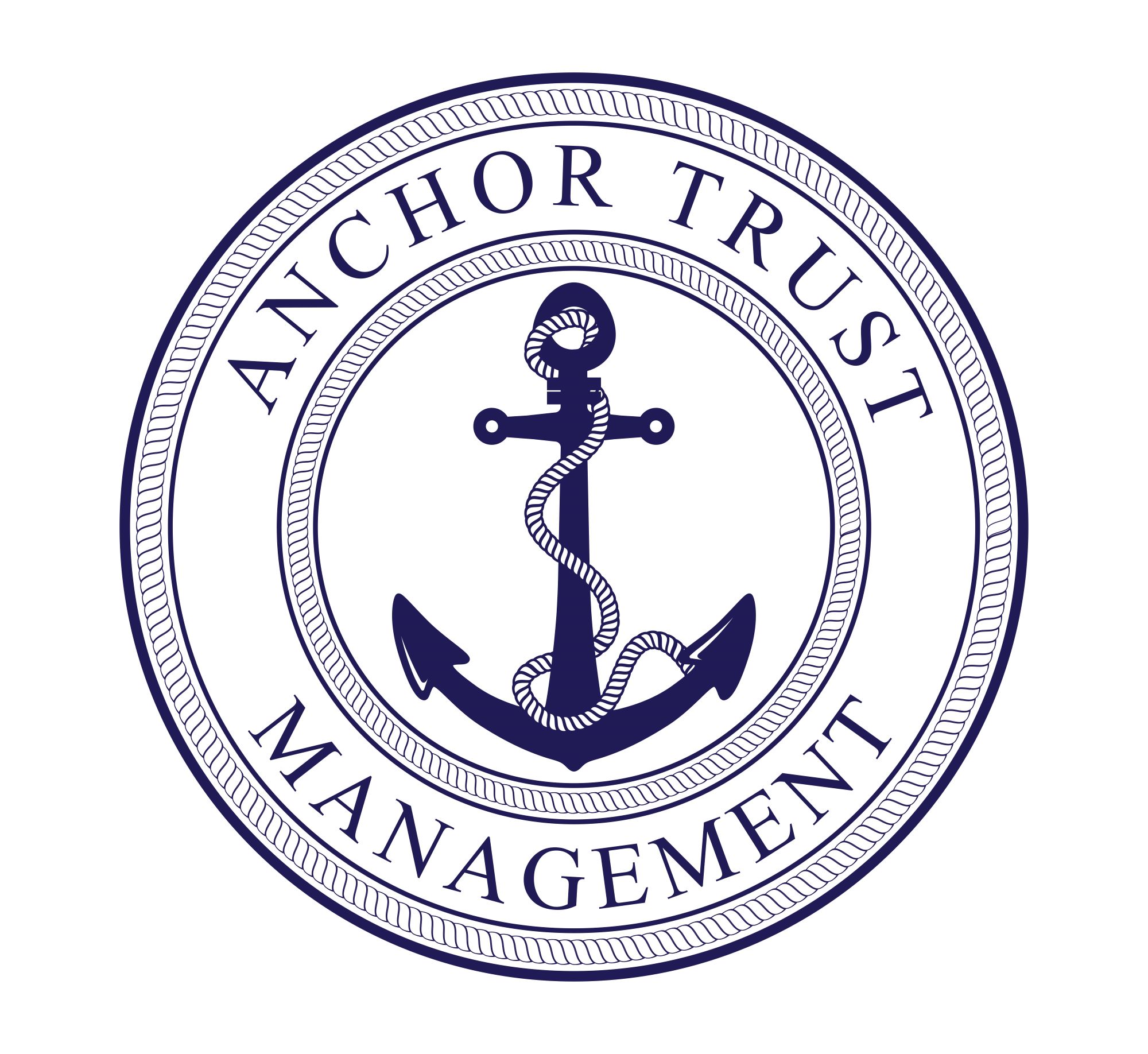Family gatherings can be a good opportunity to discuss estate planning, but timing and empathy is everything. We’ll review important aspects of estate planning, plus tips to help the conversation flow smoothly.
Estate Planning Is More Than a Will or Trust
Many individuals think of a will or trust when they hear the term estate planning, but there are many steps you can take to support your loved ones after your death, along with documents to help you while you’re still alive.
Beyond a will or trust, here are some important estate planning elements to consider:
- Healthcare surrogate: A healthcare surrogate is a person you designate to make important medical decisions for you, should you become physically or mentally unable to do so. You can use the holidays as a time to discern who might be best to serve as your healthcare surrogate, and make your family aware of your wishes regarding medical care.
- Pet trusts: While you may assume that your family will adopt your pets after you die, sadly, many decedent’s pets end up in shelters. Pet trusts can offer more protections for your animals than a will, because they’re not subject to probate and their appointed caretaker will be legally obligated to use funds solely for their care.
- Digital assets: This is a part of estate planning that’s often overlooked. We all have extensive digital lives, from online financial accounts to social media and subscription services. Only your estate’s personal representative can close your digital accounts. Beyond this decision, now may be a great time to explore tools for cloud storage or password managers. You may discover that one of your tech-savvy relatives has some great suggestions!
Remember the Value of Personal Mementos
While your estate plan may focus on finances or real estate, remember that for your loved ones, personal mementos are often the most precious gift you can pass on. Photo albums, books, jewelry, or keepsakes from a family trip all reflect treasured memories.
Often, it’s these personal, one-of-a-kind items that slip through the cracks of estate planning. Disagreements over mementos can be highly distressing, and devastating if theft occurs. Estate planning conversations can be helpful in gaining a better understanding of the keepsakes your loved ones feel a special connection to. You may choose to create a personal property memorandum in your estate plan, or even pass on some of these gifts while you’re still living.
Tips for Estate Planning Conversations
While the holidays are prime time for important conversations, you certainly don’t want to spring up such an emotional topic while passing the mashed potatoes. Assess your guests, and when they’ll be most open to a difficult and complex discussion. For example, the main holiday meal may not be the best time. Additionally, if there are children present, consider whether they’re old enough to hear about hard topics like death, hospitalization, or chronic illness.
You may also wish to let your loved ones know in advance that you intend to have this conversation during their upcoming visit. That way, everyone can put together any questions they may have beforehand. If some of your intended beneficiaries are not present, consider asking them to join by phone or video chat. Do your best to help all involved feel respected and heard, and remember, you don’t have to make every decision that same day.
From provisions for your pets to allocating heirlooms, our team is here to ensure your legacy is honored. Call us for a free consultation.


